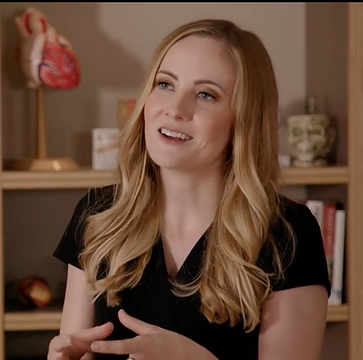Randall
J. Randall Murphy
 Emily Zarka ( a.k.a. Dr. Z ) earned a Doctor of Philosophy in English from Arizona State University, with an emphasis on the Gothic and the British Romantic period. She approaches literature and film through monsters, applying the theory that human history is monster history.
Emily Zarka ( a.k.a. Dr. Z ) earned a Doctor of Philosophy in English from Arizona State University, with an emphasis on the Gothic and the British Romantic period. She approaches literature and film through monsters, applying the theory that human history is monster history.She writes for and hosts for Monstrum, an online series with PBS's Storied channel on YouTube that looks at complex histories and motivations behind some of the world's most famous monsters.
Emily's teaching experience includes literature, composition, film and media, and humanities classes. Currently, she is part of the faculties of both Arizona State University and Mesa Community College.
Website: HOME | emilyelizabethzarka
The show will be recorded Thursday July 2, 2020, between 4 and 6 PM MDT.
Post your questions and comments for discussion below
Last edited:
